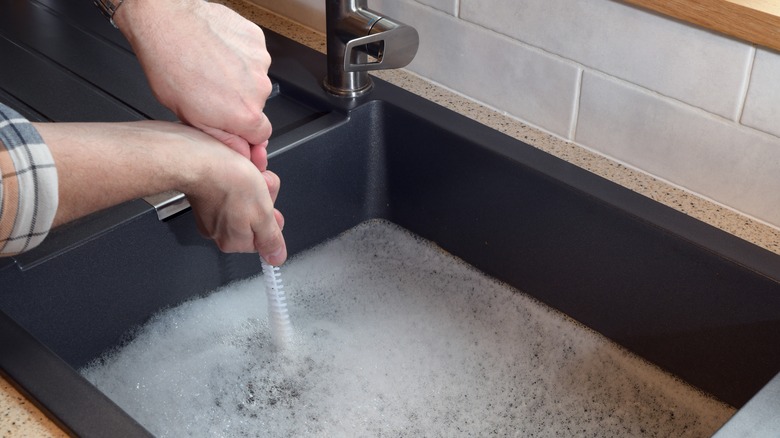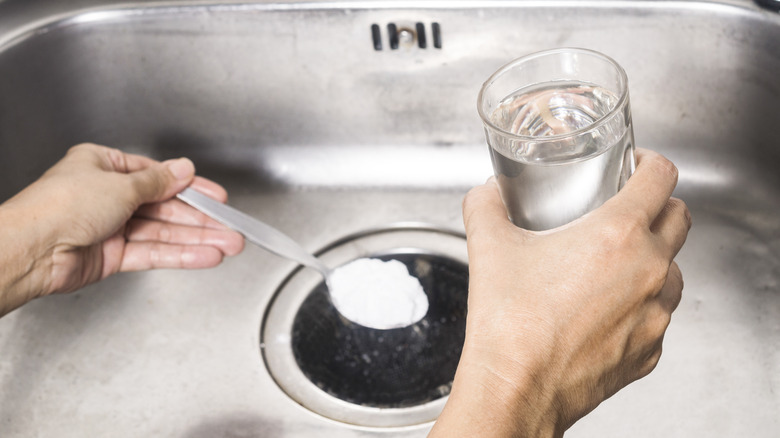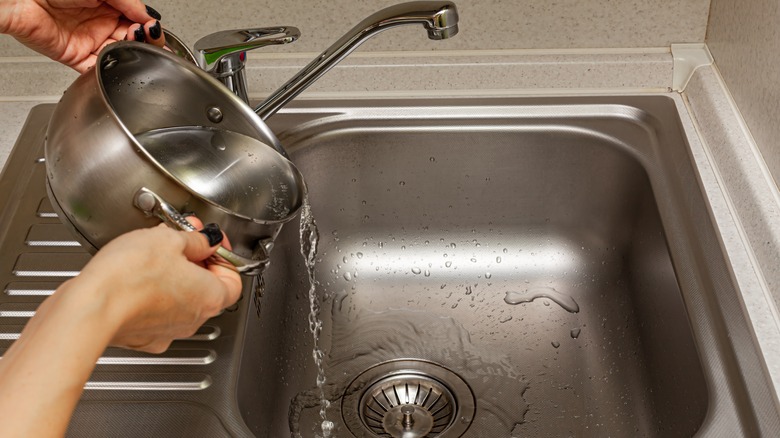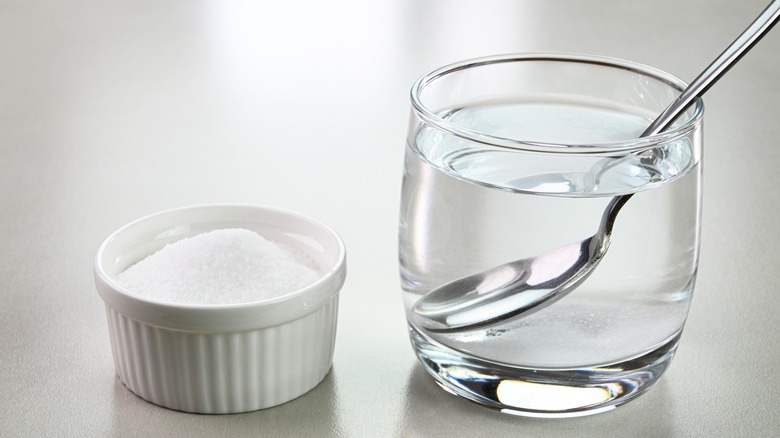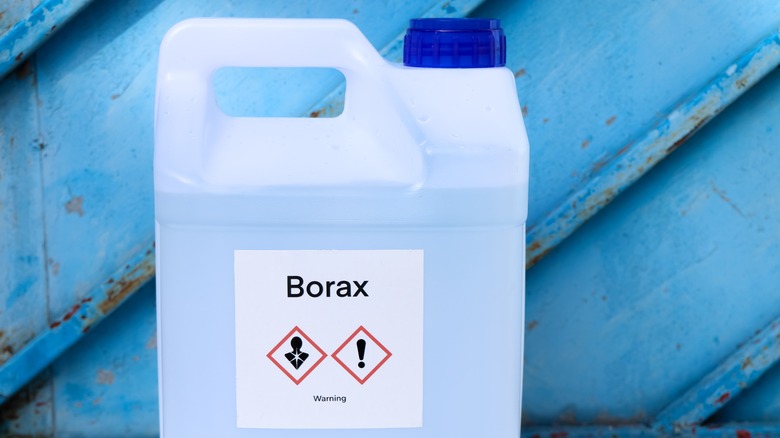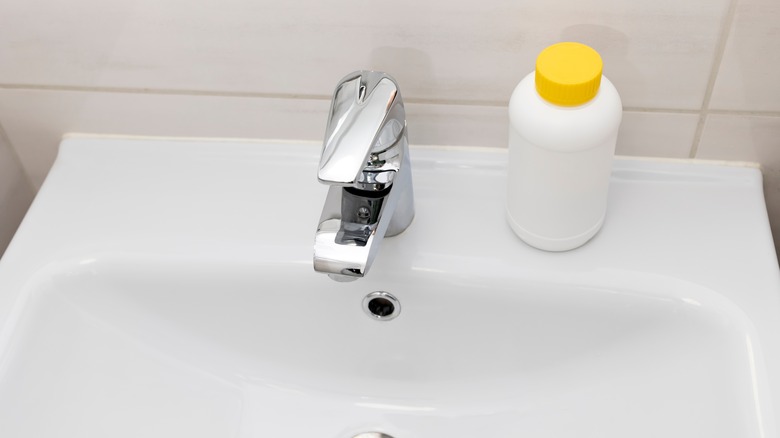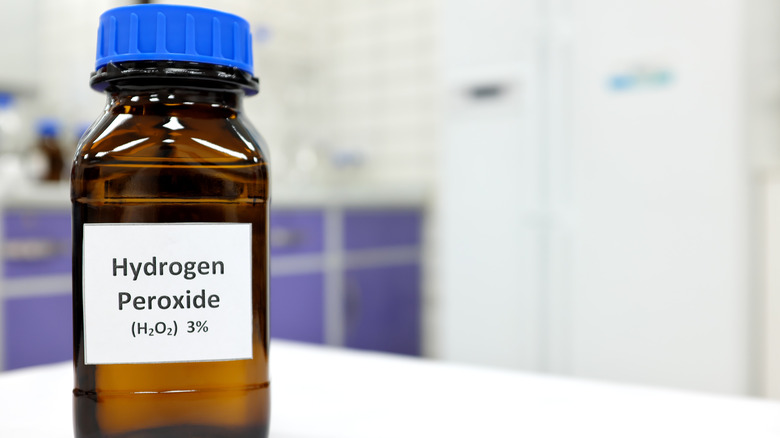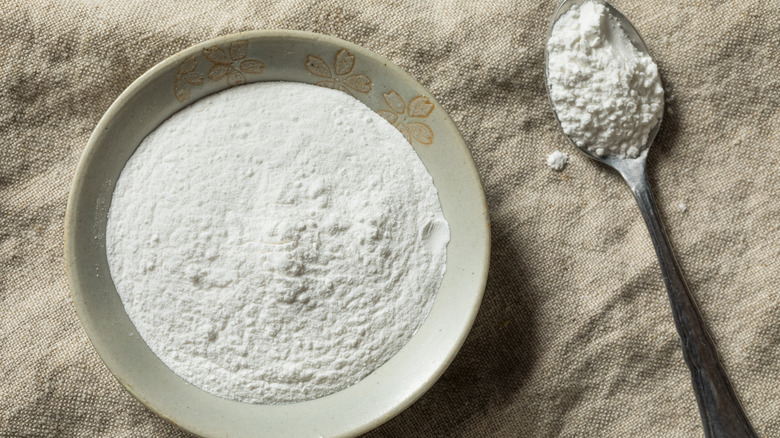All-Natural Ingredients You Should Be Using To Clear Your Clogged Drain
Dealing with clogged drain in your home? You're not alone; it's a common and, let's be honest, pretty frustrating issue in home maintenance. But before you reach for those harsh chemicals, how about considering something a bit more eco-friendly? Natural ingredients like baking soda and vinegar aren't just kinder to the environment, they're also surprisingly effective and safe for most plumbing types.
It's also useful to understand what's usually behind these pesky clogs. In kitchens, it's often grease and food scraps that build up over time. But in bathrooms, it's a different story. Hair, soap scum, and even small items like cotton swabs can create a real mess in your pipes. These items can sneak their way down your sink or shower drain and, over time, lead to significant blockages.
Preventing these clogs is crucial. Letting them go unchecked can lead to bigger headaches, like water backup and unpleasant odors. Worst-case scenario? They can cause pipes to burst, which means costly repairs and potential water damage. This is where natural solutions shine. They are not only effective in clearing minor clogs, but also in maintaining clean, odor-free pipes. Moreover, they are safer for your plumbing system and the environment compared to chemical cleaners, which can corrode pipes and harm aquatic life when they enter waterways.
Baking soda and vinegar helps break down grime
Now, let's talk about a dynamic duo in the world of natural cleaning: baking soda and vinegar. Using this product combination is easy. Start by pouring about half a cup of baking soda down the clogged drain, following it with a half cup of vinegar. Let it sit untouched for about five to 10 minutes. After waiting, you can then flush the drain with hot water.
You've probably heard about this combo before, since baking soda hacks are all too common, but let's dive into why it's so effective for unclogging drains. Baking soda, scientifically known as sodium bicarbonate, is a basic compound with alkaline properties. When it meets something acidic, like vinegar, which is primarily composed of acid, they create carbon dioxide. You'll see it fizzing and bubbling — that's the reaction in action! This fizzing is more than just fun to watch. It actually does some serious work on your drains. The bubbles help to break up the gunk stuck in your pipes, loosening it and making it easier to flush away. It's especially good against grease and soap scum, common culprits in bathroom and kitchen sinks. One thing to keep in mind is that while this method is great for regular maintenance and minor clogs, it's not a silver bullet for all drain issues. For tougher clogs, you might need to repeat the process or consider other methods.
Boiling water helps melt oily and waxy components
Let's move on to something even more simple: boiling water. Just boil a pot of water and carefully pour it down the drain. It's a straightforward and effective way to tackle those smaller clogs. It might seem too basic, but don't underestimate its power against minor clogs. As water heats up, its molecules move faster and with greater energy. This heightened kinetic energy is crucial in breaking the bonds between dirt and surfaces, allowing the hot water to penetrate and facilitate the removal of oils, grease, and other stubborn residues.
Just remember, boiling water isn't always the hero of the story. It won't stand a chance against tougher clogs like hair or solid blockages. In these cases, it's wise to use boiling water as a follow-up to a baking soda and vinegar mix. This combo loosens up the clog, and the boiling water afterwards washes it all away. Additionally, while boiling water can be a powerful ally in cleaning, caution is necessary when using it. It's not advisable to pour boiling water down drains connected to PVC pipes, which can be damaged by extreme heat. The high temperature of boiling water can soften PVC pipes, leading to a loss of their structural integrity. This can potentially cause more serious plumbing issues down the line.
Salt acts as a scouring agent
Let's now shine a spotlight on salt, a household staple that's more than just a seasoning. It's an unassuming hero when it comes to unclogging drains. One of the lesser-known powers of salt is its ability to break down grease. While it may not seem like much on its own, when combined with other ingredients, salt turns into an effective cleaning agent. For instance, mixing a cup of salt with the same amount of baking soda creates a potent duo for your drain. The baking soda works on loosening up grime, while the abrasive nature of salt scrubs it away. Let the mixture sit overnight to work on the clog. In the morning, flush the drain with boiling hot water.
But what is it about salt that makes it so effective? Well, it's primarily composed of sodium chloride, which is a natural abrasive. This means it can physically scrub and dislodge buildup inside your pipes. It's important to exercise caution with salt, though. Using it too frequently can lead to a different set of problems. Large amounts of salt can be corrosive over time, potentially damaging your pipes. While it's a great solution for occasional clogs, it's not something you should rely on for regular drain maintenance.
Borax helps move clogged particles
Also called sodium borate, borax has many home uses, but is a lesser-known, yet incredibly effective, ingredient for unclogging drains. It is a naturally occurring mineral known for its cleaning and deodorizing abilities. To use borax, just pour the borax down the drain. Follow this with 2 cups of hot water. Give it about 15 minutes to work its magic before using the drain again.
You might be wondering why this is so effective for drains. Well, borax is alkaline, with a pH around 9.3. This alkalinity helps it break down grime and organic material that might be causing a blockage in your pipes. It can also help soften water and eliminate odors. For a tougher clog, you can add salt and vinegar to the mix. Begin by pouring in a 1/4 cup of salt before adding the same amount of borax. Next, it's time for the vinegar (around a 1/2 cup). Let the mixture sit for an hour before rinsing with hot water. While borax is a fantastic tool for occasional clogs, it's crucial to use it as instructed.
Citric acid can cut through buildup
Commonly found in citrus fruits, citric acid is more than just a sour flavoring agent. It's a natural, potent cleaner, particularly effective for dealing with drain clogs. Using citric acid is straightforward. Pour about a cup of citric acid powder directly into the drain and let it sit for around 10 minutes. This waiting period allows the citric acid to work on the buildup and limescale in the pipes. After waiting, pour boiling water down the drain. Finally, rinse through with cold water to clear any remaining residue.
So, why is citric acid such a good cleaning agent? It's an organic acid that excels at breaking down grime and buildup, especially limescale, which is a common problem in pipes. Citric acid's effectiveness comes from its ability to chelate or bind with metals found in limescale (such as calcium and magnesium). This binding action helps to dissolve the limescale, freeing up your pipes from blockages and improving water flow. It's particularly useful if you live in an area with hard water. If you're facing a particularly stubborn clog, consider combining citric acid with baking soda. Remember, while citric acid is a powerful natural cleaner, it's always best to use it as part of a regular maintenance routine rather than waiting for a severe clog to develop.
Enzyme cleaners break down organic matter
Moving on to a more sophisticated approach, let's talk about enzyme cleaners. These aren't your typical cleaning agents — they're more like a science experiment for your pipes. Using enzyme cleaners is pretty straightforward, but requires patience. You generally pour the recommended amount into the drain and leave it to do its job. This could be overnight or for a few hours, depending on the product's instructions and the severity of your clog. The enzymes need time to break down the organic matter. After the waiting period, flush your drain with warm water. This helps to wash away the now-dissolved clog materials.
Enzyme cleaners contain specific types of enzymes and bacteria that are naturally occurring. These enzymes are biological catalysts. They work by producing enzymes that specifically target organic materials in your drain. This targeted action makes them incredibly effective, especially for kitchen sinks where food residue is common. What sets enzyme cleaners apart from other methods is their ongoing effect. The bacteria in these cleaners continue to live and reproduce in your pipes, meaning they keep working long after the initial application. This ongoing action helps to prevent future clogs and keeps your drain smelling fresh.
However, enzyme cleaners aren't a quick fix. They work more slowly than chemical cleaners, so don't expect immediate results. But, their gentle, natural approach is safe for your pipes and the environment, making them an excellent choice for regular drain maintenance.
Hydrogen peroxide helps fizz away minor clogs
Moving on to hydrogen peroxide, a chemical compound with the formula H2O2. It's basically water (H2O) with an extra oxygen atom. You may already have this household staple in your medicine cabinet, but did you know it's also a handy tool for unclogging drains? All you need to do is mix a quart of water with a cup of hydrogen peroxide. Pour it down the clogged drain, and let it work its fizzy magic for about 30 minutes. This gives it enough time to react to the clog. Afterward, flush the drain with hot water to clear out the loosened material.
So, why is hydrogen peroxide effective? When you pour hydrogen peroxide down your drain, it reacts with the material clogging your pipes. This reaction is an example of oxidation, where the extra oxygen atom helps to break down the substances causing the blockage. You'll often see fizzing and bubbling — that's the reaction at work, and it's great for breaking up mild clogs like hair or soap residue. While hydrogen peroxide is a gentle and effective way to tackle minor clogs, it might work best with other ingredients, like baking soda. Just add a cup of hydrogen peroxide after pouring a cup of baking soda into the drain. Also, be cautious when using it with other cleaning agents, especially those that are acidic, as this can lead to unwanted chemical reactions.
Cream of tartar, when mixed with baking soda, effectively clears drains
Lastly, let's talk about cream of tartar, a hidden gem in your kitchen that doubles as a drain-cleaning agent. Cream of tartar, scientifically known as potassium bitartrate, is a byproduct of winemaking. To use it for unclogging drains, you'll need to create a mixture. Combine 2 cups baking soda with 2 tablespoons cream of tartar and a bit of salt. The salt adds a bit of abrasiveness to the mix, boosting its cleaning power. Pour this mixture down the drain, followed by boiling water. The boiling water activates the mixture and helps to carry away the loosened debris.
Its effectiveness is quite interesting. It turns out that cream of tartar is a mild acid and, when combined with other household ingredients, becomes an effective cleaning agent. One important thing to note is that while cream of tartar is effective for light maintenance and minor clogs, it might not be the best solution for severe blockages. Also, using it too frequently in large amounts might not be ideal, especially for older plumbing systems that could be sensitive to acidic solutions. Remember, like any cleaning method, it has its limitations and is best used as part of a broader maintenance routine.
